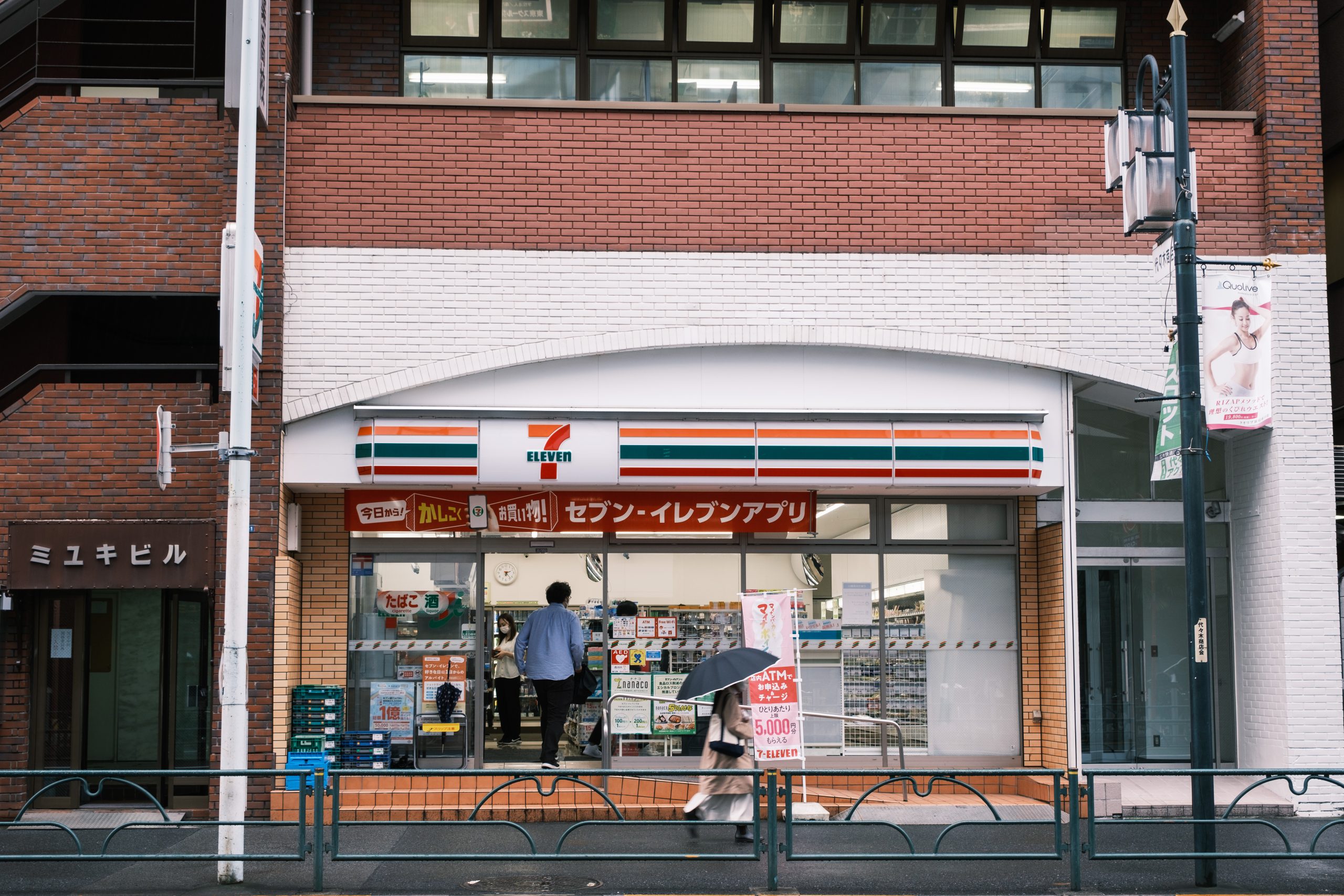
The Japanese company Seven & i Holdings, the operator of the global 7-Eleven convenience store chain, rejected a significant buyout offer from Alimentation Couche-Tard, a Canadian conglomerate that owns Circle K.
The proposal, which valued Seven & i at approximately $38.7 billion, would have created one of the largest convenience store operators worldwide.
However, Seven & i’s board found several reasons to dismiss the offer, citing concerns over valuation, regulatory hurdles, and the company’s strategic plans.
Valuation Concerns
A primary reason for the rejection was that the Seven & i board felt the offer “grossly undervalued” the company. Couche-Tard proposed a price of $14.86 per share, which was slightly below Seven & i’s trading price at the time.
The company’s leadership argued that the proposal did not reflect the company’s full potential or the strategic paths it was exploring to unlock greater shareholder value in the medium term.
According to a letter from Stephen Dacus, the chair of Seven & i’s special committee, the offer failed to recognize actionable strategies that could further increase the value of the company.
Seven & i had been undergoing a restructuring, focusing on expanding the 7-Eleven brand while divesting underperforming divisions, such as its supermarket business. The company’s management believed that this restructuring would deliver better returns than what Couche-Tard’s offer presented.
Regulatory Hurdles
Another critical issue cited in Seven & i’s rejection was the regulatory challenges the takeover would likely face. Both Seven & i and Couche-Tard are among the largest convenience store operators in the United States. If the two companies merged, they would control a significant share of the U.S. market, potentially prompting antitrust investigations.
The letter from Seven & i emphasized that Couche-Tard’s proposal did not sufficiently address the “multiple and significant challenges” the acquisition would face from U.S. antitrust regulators.
Couche-Tard offered only vague reassurances about handling these regulatory hurdles, mentioning potential divestitures but failing to provide concrete plans. This lack of detail on how the deal would navigate U.S. regulatory scrutiny was a major sticking point for Seven & i’s board.
Strategic Differences
Seven & i’s rejection of the bid also reflects broader strategic differences. While Couche-Tard sought to combine forces to create a global retail giant, some within Seven & i’s management and among shareholders believe that the company would be better served by focusing on the 7-Eleven brand and its ongoing restructuring efforts.
The activist hedge fund ValueAct Capital, a shareholder in Seven & i, has been urging the company to focus more tightly on 7-Eleven’s global business, which they believe would be more valuable as a standalone entity. Since 2022, ValueAct has been urging Seven & i Holdings to break up its businesses and focus on the convenience-store chain.
Seven & i has already made significant moves in North America, including its 2021 acquisition of Speedway, a chain of gas stations, for $21 billion. This deal significantly expanded its U.S. presence, and management felt that Couche-Tard’s offer didn’t take into account the value of these strategic moves.
A Possible Future Bid?
Despite the rejection, Seven & i’s board did not completely close the door on future negotiations.
The letter indicated that the company was open to considering offers that align better with the interests of its shareholders and that address regulatory concerns more comprehensively.
For now, Seven & i’s management seems focused on executing its internal restructuring strategy, betting that it will deliver greater value than what Couche-Tard is offering. However, with some shareholders pushing for the company to explore all options, the possibility of renewed takeover talks cannot be ruled out.
Overview of recent developments
Seven & i Holdings rejected Couche-Tard’s buyout proposal primarily due to concerns over the offer’s valuation and the potential regulatory obstacles in the U.S. market.
While the Canadian company’s bid represented a premium over the current share price, Seven & i’s leadership believed it did not fully reflect the company’s future growth prospects. At the same time, the deal faced significant antitrust risks in key markets, particularly the U.S., which further complicated the merger.
The rejection leaves the door open for further negotiations, but for now, Seven & i is determined to pursue its own strategies for growth.
